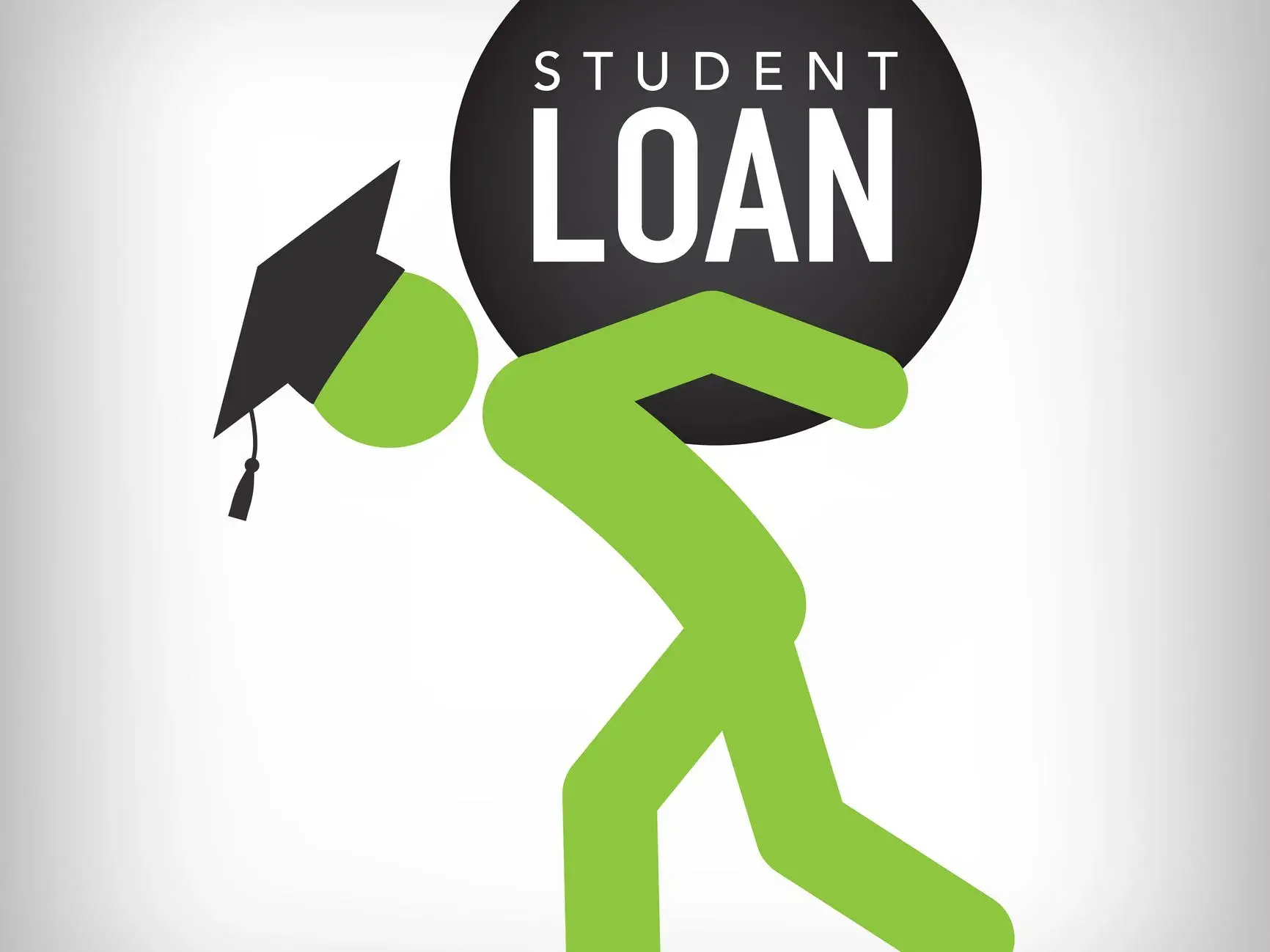
Investing in Education: Why It's Worth It and How to Get Started
Author Eyitemi Efole
Education remains one of the most transformative tools for personal and societal progress. It fosters critical thinking, empowers individuals with knowledge, and enables communities to innovate and solve pressing issues. Nelson Mandela famously stated, "Education is the most powerful weapon you can use to change the world." From improving literacy rates to reducing poverty, education has a ripple effect that enhances lives for generations.
The Rising Cost of Education: Why It’s Worth the Investment
The cost of pursuing higher education has surged significantly in recent years, posing challenges for many individuals, especially in developing economies. Rising tuition fees, living expenses, and the cost of learning materials are key barriers. For instance, private university fees in Nigeria range from ₦200,000 to ₦2,000,000 annually, emphasizing the need for effective financial planning.
Fortunately, platforms like nairaCompare offer tools and resources to help individuals make informed financial decisions, compare student loan options, and explore education savings plans tailored to their needs.
Thesis Statement
Despite its rising costs, education remains a lifelong investment with substantial returns. It offers enhanced earning potential, better career opportunities, and personal development, making it a priority worth pursuing.
Why Invest in Education?
1. Enhanced Earning Potential
Numerous studies highlight a strong correlation between education levels and income. According to the World Bank, every additional year of schooling increases an individual’s income by approximately 10%. In Nigeria, university graduates earn about 84% more than those with only a secondary school education, underscoring the financial benefits of higher education.
2. Improved Job Opportunities
Employers prioritize candidates with advanced qualifications. Industries such as medicine, technology, and finance demand specialized skills that formal education provides. Holding a degree or certification significantly boosts job security and opens doors to higher-paying roles with growth potential.
3. Personal Growth and Development
Education fosters critical thinking, problem-solving, and effective communication—skills essential for success in both personal and professional spheres. It broadens perspectives, enriching lives and empowering individuals to engage more meaningfully within their communities.
4. Social Mobility
Education is a proven pathway to breaking cycles of poverty. It equips individuals with the tools needed to improve their socioeconomic status, creating opportunities for themselves and future generations. Access to education often leads to better healthcare, improved nutrition, and enhanced employment prospects.
To support this, nairaCompare provides access to affordable education loans from top providers, allowing students to bridge the gap between aspirations and financial capability.
How to Invest in Education
Traditional Education
1. College and University
Pros: Provides structured learning and recognized degrees.
Cons: Can be expensive and time-intensive.
Financial Aid Options: Explore scholarships, grants, and student loans.
2. Vocational Training
Vocational programs offer specialized, career-specific training in fields like plumbing, fashion design, and software development. These programs are often shorter and more affordable than traditional degrees, leading to lucrative careers.
Non-Traditional Education
1. Online Learning
Platforms such as Coursera, Udemy, and Khan Academy offer affordable courses in diverse fields. Online education provides the flexibility to balance learning with work or other commitments, making it accessible for busy individuals.
2. Self-Directed Learning
Resources like free online tutorials, library books, and workshops enable independent learning. Open-access platforms like MIT OpenCourseWare allow learners to pursue quality education at no cost
Financial Planning for Education
A. Scholarships and Grants
Seek government-funded or private scholarships. Many universities offer merit-based and need-based financial aid to eligible students.
B. Student Loans
Research affordable student loan options with favorable repayment terms to support your education journey.
C. Budgeting and Saving
Create a financial plan to cover tuition and living expenses while minimizing unnecessary costs.
The Future of Education
1. Emerging Trends
Technologies like Virtual Reality (VR) and Augmented Reality (AR) are transforming education. For example, VR enables medical students to perform virtual surgeries, enhancing practical learning experiences.
2. Lifelong Learning
As industries evolve, continuous learning is essential. Certifications in fields such as digital marketing, artificial intelligence (AI), and data analysis help professionals stay competitive in dynamic job markets.
3. The Role of AI in Education
AI is revolutionizing learning by personalizing educational content to individual needs. Tools like Duolingo leverage AI to provide customized lessons, making education more effective and engaging.
Conclusion
Recap of Key Points
Education is an invaluable investment that pays dividends throughout life. It enhances earning potential, opens doors to better job opportunities, and fosters personal growth. Whether through traditional degrees, vocational training, or online learning, the possibilities for self-improvement are endless. By planning wisely and leveraging available resources, anyone can prioritize education and secure a brighter future.
About Author

Eyitemi Efole
Eyitemi Efole is exploring the marketing field, with a particular interest in brand management, strategy, and operations. She is keen on understanding how brands build trust and connect meaningfully with their audience.
.png?width=1615&height=444&name=nairaCompare%20Christmas%20logo%20(PNG).png)








